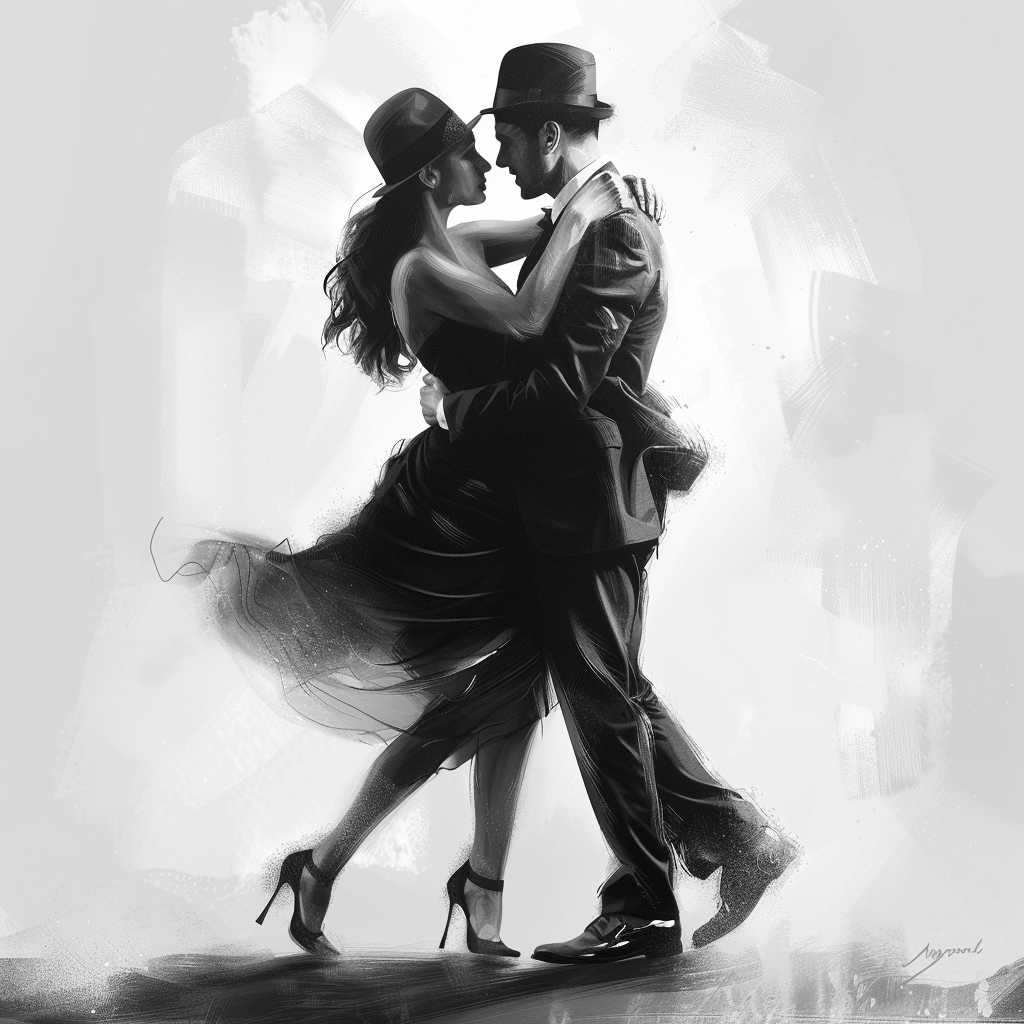Imagine you’re wandering through a dense forest with a map that changes with every step. One moment it says to go east, the next it insists you go west. Confusing, right? Welcome to the world of gaslighting.

What is Gaslighting?
Gaslighting is like being in that ever-changing forest, but instead of trees, it’s your reality that’s constantly shifting. The term comes from a 1930s play called “Gas Light” and refers to a form of emotional abuse where someone manipulates you into doubting your perception of reality. Essentially, they control you by lighting a gas lamp of confusion in your mind.
Characteristics of a Gaslighter
If gaslighters had a mascot, it would be a chameleon. They blend into their environments, often appearing charming and charismatic, but behind this façade lies a master manipulator.
Master of Disguise
Like Clark Kent turning into Superman, gaslighters can change personas effortlessly. One minute, they’re your best friend, showering you with praise, and the next, they’re criticizing and belittling you. This flip-flopping can make you question your reality.
Charming and Convincing Liars
Gaslighters are skilled at lying and creating detailed, convincing stories where they often play the victim. Their intricate tales can make you doubt your own memory and judgment.
Puppet Master
They manipulate facts, memories, and experiences to suit their narrative, making you feel lost and unsure of yourself. This control gives them power over you.
Empathy – What’s That?
Though they can appear empathetic, it’s usually a façade. Gaslighters often lack genuine concern for your feelings and use empathy as a tool to gain your trust before manipulating you.
Insecurity at the Core
Beneath their confident exterior, gaslighters often have deep-seated insecurities. Their need for control and dominance stems from these insecurities, making them feel powerful by making others feel inferior.
The Empath-Gaslighter Dynamic: A Dangerous Tango
Picture a dance floor where a charismatic leader (the gaslighter) meets an open-hearted dancer (the empath). This dynamic can be mesmerizing but is ultimately harmful. Empaths, with their heightened sensitivity and nurturing nature, are prime targets for gaslighters. The gaslighter exploits the empath’s compassion and understanding to control and manipulate them.
Effects of Gaslighting
Gaslighting is more than a mind game. It’s a form of psychological warfare with serious consequences:
Erosion of Self-Confidence
Gaslighting chips away at your self-confidence, making you doubt your judgment, memory, and sanity. You start feeling powerless and insignificant.
Anxiety and Depression
Constant scrutiny and manipulation can lead to anxiety and depression, leaving you in a state of worry and despair.
Distorted Reality
As the gaslighter alters your reality, you may lose touch with what’s real, constantly seeking validation for your experiences.
 Example Situations: Unmasking the Gaslighter
Example Situations: Unmasking the Gaslighter
- Personal Relationships: Your partner keeps misplacing their keys and blames you every time, insisting you’re forgetful. Eventually, you start believing them, even though you have no history of forgetfulness.
- Workplace Scenario: Your boss gives unclear instructions and blames you when the task isn’t completed as expected, making you question your competence.
- Online Interactions: A friend makes offensive jokes about you on social media. When you confront them, they dismiss it as “just having fun,” making you question your emotional responses.
Identifying Gaslighting
Detecting gaslighting can be tricky, but here are some common signs:
- Doubting Your Memory and Perception: You often question the accuracy of your memories or interpretation of events.
- Feeling Constantly Confused: You feel muddled, especially around the gaslighter, like you’re walking in a fog.
- Apologizing Too Much: You find yourself saying “sorry” a lot, even when there’s nothing to apologize for.
- Feeling Worthless: You experience a drop in self-esteem and feel inadequate or worthless.
- Always at Fault: You feel like everything is always your fault, and the gaslighter never takes responsibility for their actions.
Responding to Gaslighting
- Acknowledge It: Recognize that you’re being gaslighted. It’s not about what’s wrong with you but what’s wrong with the gaslighter.
- Seek Professional Help: Consult a mental health professional for strategies and support to navigate out of the fog.
- Trust Your Instincts: Relearn to trust your instincts and perceptions. They are your internal compass.
- Set Boundaries: Protect your emotional space by setting and maintaining boundaries.
- Surround Yourself With Positive Influences: Seek out friends and family who lift you up and reinforce your sense of reality.
Lighting the Way
Gaslighting is a twisted game of mind control designed to make you doubt your reality. But remember, you’re not alone. With the right help and support, you can turn off the gaslight and relight your inner strength. It’s your forest, and you deserve a map that works for you.
FAQs
What does gaslighting mean?
Gaslighting is a form of psychological manipulation where a person is made to question their perception, memory, and sanity.
How do you know if you’re being gaslighted?
Signs include doubting your memory or perception, feeling confused or anxious, constantly apologizing, feeling worthless, and feeling like you’re always at fault.
How does gaslighting affect a person?
Gaslighting can lead to anxiety, depression, loss of self-confidence, and a distorted sense of reality.
How do you deal with gaslighting?
Acknowledge the gaslighting, seek professional help, trust your instincts, set boundaries, and surround yourself with positive influences.
Why do people gaslight?
People gaslight to gain power and control, often stemming from their insecurities.
Can gaslighters change their behavior?
While possible, it requires significant self-awareness, commitment, therapy, and time. Remember, you are not responsible for their change; only they are.
In this wild world of wolves and forests, trust your intuition. It’s your best guide. Embrace your journey, and remember, you are not Little Red Riding Hood, lost and afraid. You’re the courageous explorer charting your own course, and we’re here, cheering you on every step of the way. Happy exploring!
Ready to take the next step in your healing journey? Download our free Emotional Healing Workbook, packed with practical tools and exercises to help you recover from emotional trauma. Click here to start your path to emotional well-being.




Leave a Reply